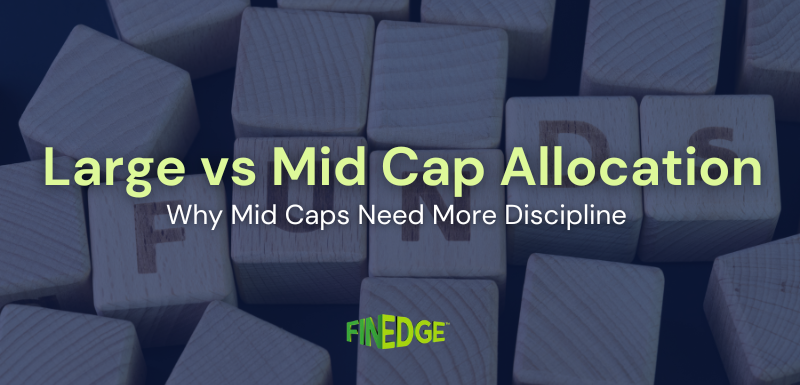4 Facts About Debt Mutual Funds Every Investor Should Know

With returns from equity mutual funds disappointing investors in 2018, there’s been a renewed interest in their safer cousin – debt oriented mutual funds, of late. However, it rings true that most investors are misinformed about the nature of debt oriented mutual funds. To avoid buyer’s regret later, acquaint yourself with these five facts about them before you decide to invest.
They’re More Tax Efficient Than FD’s – But Not Always
Since capital gains from debt mutual funds are indexed after three years, they do turn out to be more tax efficient in the long run. However, the scenario is quite different for holding periods of less than three years. Since FD interest is treated as income, it may actually be tax free if your total interest income is less than the taxable threshold and you have no other income sources. However, income generated via SWP’s from debt funds do turn out to be far more tax efficient than FD’s.
They Aren’t ‘Risk Free’
Debt Funds aren’t risk free by any measure. They possess credit (default) risk – a fact that many hapless investors realised during the IL&FS fiasco of late 2018. If any papers within their portfolio default, debt fund NAV’s may fall. In fact, debt fund returns are also inversely proportional to prevailing interest rates in the economy, meaning that the act of RBI signalling a future rise in interest rates may drag down the fund’s NAV’s as well.
G-Sec Doesn’t Mean Low Risk (In Fact, Quite The Opposite)
A very common misnomer about debt funds is that GILT funds or G-Sec Funds that invest exclusively into government securities are risk free in nature, owing to the sovereign guarantee associated with their holdings. This assumption conveniently ignores the fact laid out in the previous point about debt fund NAV’s falling in tandem with rising interest rates. In fact, it is GILT funds that are most impacted when interest rates rise.
Not All Of Them Are Suitable For Short Term Investing
Many investors harbour the incorrect belief that all debt mutual funds are suitable for short term investing. However, this isn’t the case. Debt Funds, much like equity funds, can go through lean periods and boom periods – and a complex multitude of economic factors will influence their ebbs and tides. Only debt funds that invest into high-credit rating securities that are due to mature in the next 30-180 days are really suitable for short term investing. A qualified Financial Advisor will be in the best position guide you on which category of debt fund would work best for you, keeping your unique needs in perspective.
Your Investing Experts
Relevant Articles
When Is the Right Time to Start Investing for Your Goals?
When is the right time to start investing for your goals? Many believe the answer depends on market stability, income comfort, or economic certainty. In reality, the right time is when your goals are clear and you are prepared to act with discipline. Wealth is rarely created by waiting. It is built through consistent participation guided by a defined investment process.
How to Adjust Your Investments After a Salary Raise
A salary hike is more than a pay revision, it is an opportunity to realign your financial direction. The smartest response to higher income is not immediate lifestyle expansion, but a structured review of your goals, debt position, and investment contributions. When handled thoughtfully, each raise can accelerate wealth creation rather than simply increase monthly expenses.
Why Mid-Cap Allocation Needs More Discipline Than Large Cap
Mid-cap allocation demands more discipline than large cap because it comes with sharper market swings. While mid caps offer higher long-term growth potential, they also test investor patience during downturns. The key is not choosing one over the other, but understanding how each behaves across market cycles.
.png)
.png)

